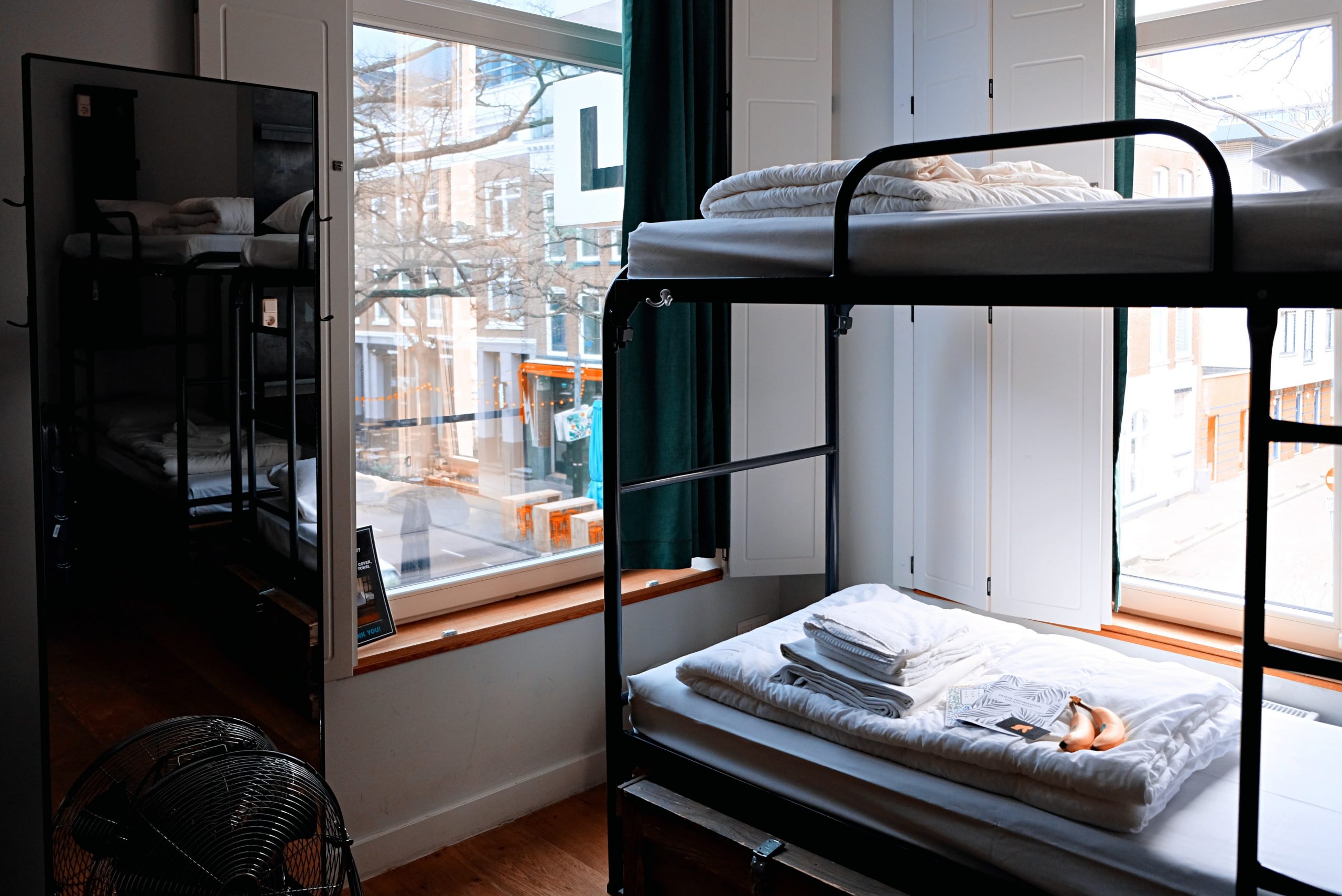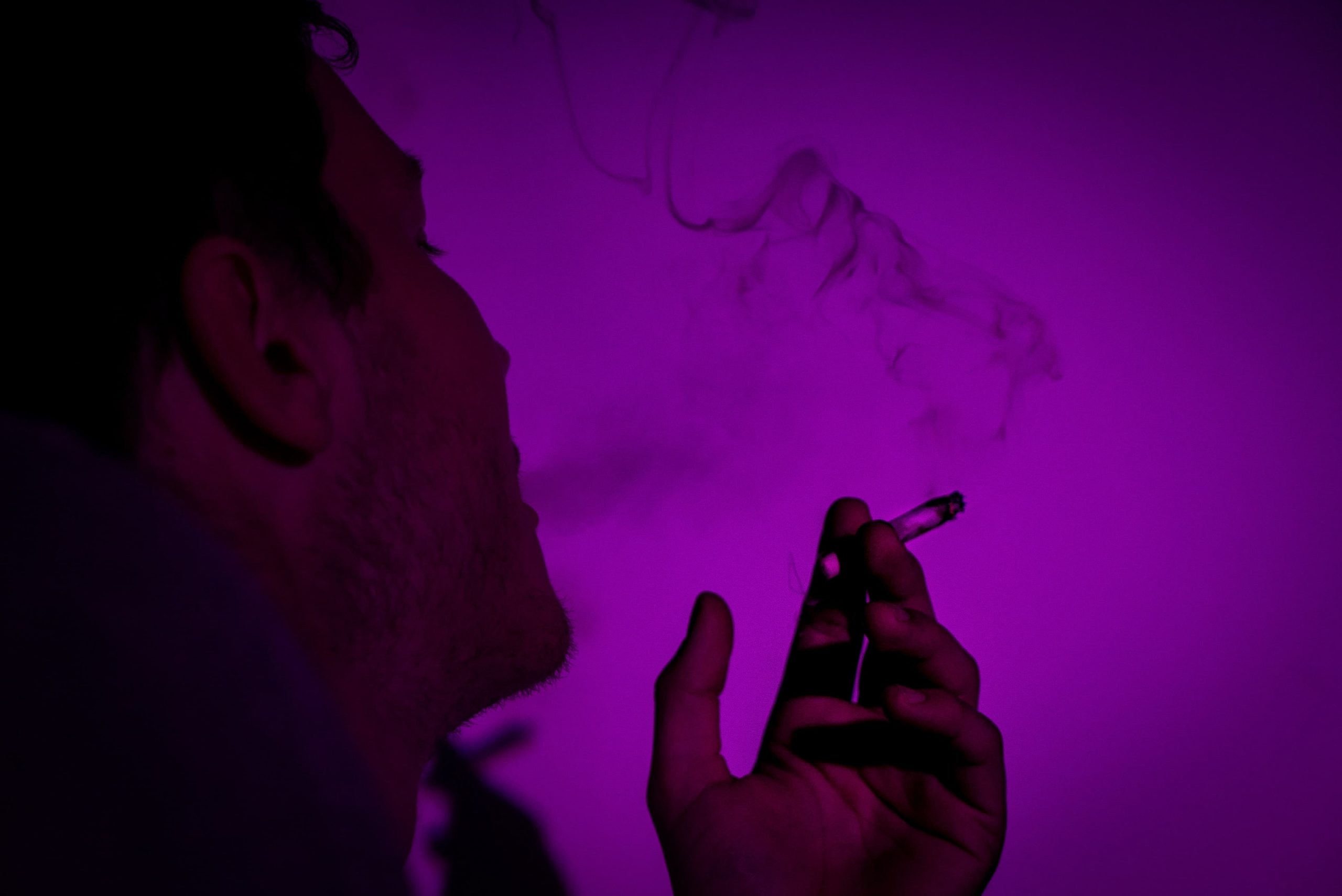Encouraging our kids to stay focused has become one of the most challenging tasks in parenting. From social media to video games, it can be difficult to inspire our teenagers to study or focus on personal goals, especially if they are struggling with emotional problems and mental health challenges on top of this.
There are many reasons why children go to military camps. Some might be underachieving at school and need more structure to help them thrive. Other children might need to spend time in another environment, away from family, school, and toxic situations. While children with mental health conditions can attend military camps, the culture at these places tends to lack the flexibility of schools designed to accommodate those with emotional and cognitive needs.
What are Military Camps?
Military camps and boot camps, in particular, can be pretty polarizing. A 2007 report questioned the efficacy of such schemes, claiming that they had little to no benefit for the children involved. Many boot camps were discontinued and only reappeared under different names, like “wilderness camps. ”
The report found that what it did was primarily due to the tradition of negative reinforcement at places where “tough love” policies are practiced. Military camps today still use physical exercise as a central component of their treatment, and wilderness therapy programs will take this a step further, where children face the consequences of inaction in physical ways; for example, if they do not make a fire, they will be cold.
It is essential to adequately research the camps on offer and ensure that they will suit your child’s needs and behaviors. If unsure, consult a professional to work with your teenager before sending them to a camp. Military camps can benefit a child, but if the wrong child goes, it can be the opposite.
How Military Camps Provide Structure for Troubled Teens
Develop physical ability
There are clear and numerous examples of the benefits physical exercise has on our mental well-being. Additionally, physical exercise can help them work out emotions and frustrations, setting the tone for future emotional management. This is an integral part of troubled teens’ personal growth and building a holistic treatment plan.
Expose them to new settings.
Sometimes, part of why people get into cycles of troubling behavior is because of their environment, the routines they feel stuck in, or experiencing toxic relationships they think they can’t escape from. Moving them to a new setting, where they can “start over” with support, care, and routine, can help break out of patterns of behaviors and thoughts. This is important during formative teenage years when they can discover their identities independently in a supportive environment.
Learning boundaries
For some children, having clear lines of command, clear leaders, and hierarchies can be a necessary part of learning respect for themselves and the people around them. The practice of discipline and the implementation of punishments when rules are broken are core to boot camps and can be integral to carrying respect forward into daily life.
Finding a Military Camp
First, when choosing a military camp for troubled youth, you should ensure it is accredited by an agency like the Joint Commission (JACHO) or the Council of Accreditation (COA). Once this has been established, consult your child closely, and think carefully about how responsive they will be to such a particular and structured environment and how potential mental health issues may play out there – it is not for everyone.
If you decide to pursue the military camp journey, Help Your Teen Now has an extensive catalog of boarding schools and camps available for your teenager and experts to guide you through the process, no matter which direction you and your child decide to take.











0 Comments